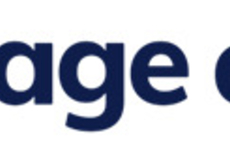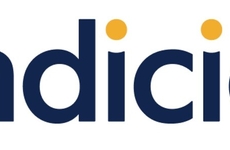
Media Press Group Has Introduced OpenID
Media Press Group's OpenID offers a new framework for revolutionizing entertainment metadata management. This initiative marks a shift away from proprietary metadata systems towards a universal, non-proprietary solution. OpenID is designed to simplify integration, promote consistency, and facilitate better industry collaboration by providing a standardized approach to metadata management.
OpenID is set to address long-standing issues within the media industry, such as inconsistencies and inefficiencies associated with proprietary metadata IDs. The new system offers streamlined management and distribution of metadata while reducing costs and improving quality control. It also integrates AI-driven automation to enhance operational efficiency and support better advertising monetization.
Media Press Group’s extensive archive, which includes over one billion metadata records and proprietary IDs accumulated over 30 years, will be made available through OpenID. This move allows studios, broadcasters, and streamers to manage their metadata more effectively and share it with partners seamlessly.
Image Credit: Media Press Group
OpenID is set to address long-standing issues within the media industry, such as inconsistencies and inefficiencies associated with proprietary metadata IDs. The new system offers streamlined management and distribution of metadata while reducing costs and improving quality control. It also integrates AI-driven automation to enhance operational efficiency and support better advertising monetization.
Media Press Group’s extensive archive, which includes over one billion metadata records and proprietary IDs accumulated over 30 years, will be made available through OpenID. This move allows studios, broadcasters, and streamers to manage their metadata more effectively and share it with partners seamlessly.
Image Credit: Media Press Group
Trend Themes
1. Standardized Metadata Frameworks - The shift towards universal metadata systems simplifies integration and enhances industry collaboration, replacing fragmented proprietary models.
2. AI-driven Metadata Automation - Introducing AI-driven processes within metadata management improves operational efficiency and supports enhanced monetization opportunities.
3. Archival Metadata Accessibility - Opening extensive metadata archives for universal access grants studios and broadcasters a more effective way to manage and distribute their data.
Industry Implications
1. Media and Entertainment - Industry-wide adoption of universal metadata standards promises improved consistency and interoperability across various media platforms.
2. Advertising and Marketing - Enhanced metadata management through streamlined systems can lead to better-targeted and more effective advertising campaigns.
3. Artificial Intelligence - AI integration within metadata frameworks leverages automation to drive higher operational efficiency and quality control in the entertainment industry.
2
Score
Popularity
Activity
Freshness























